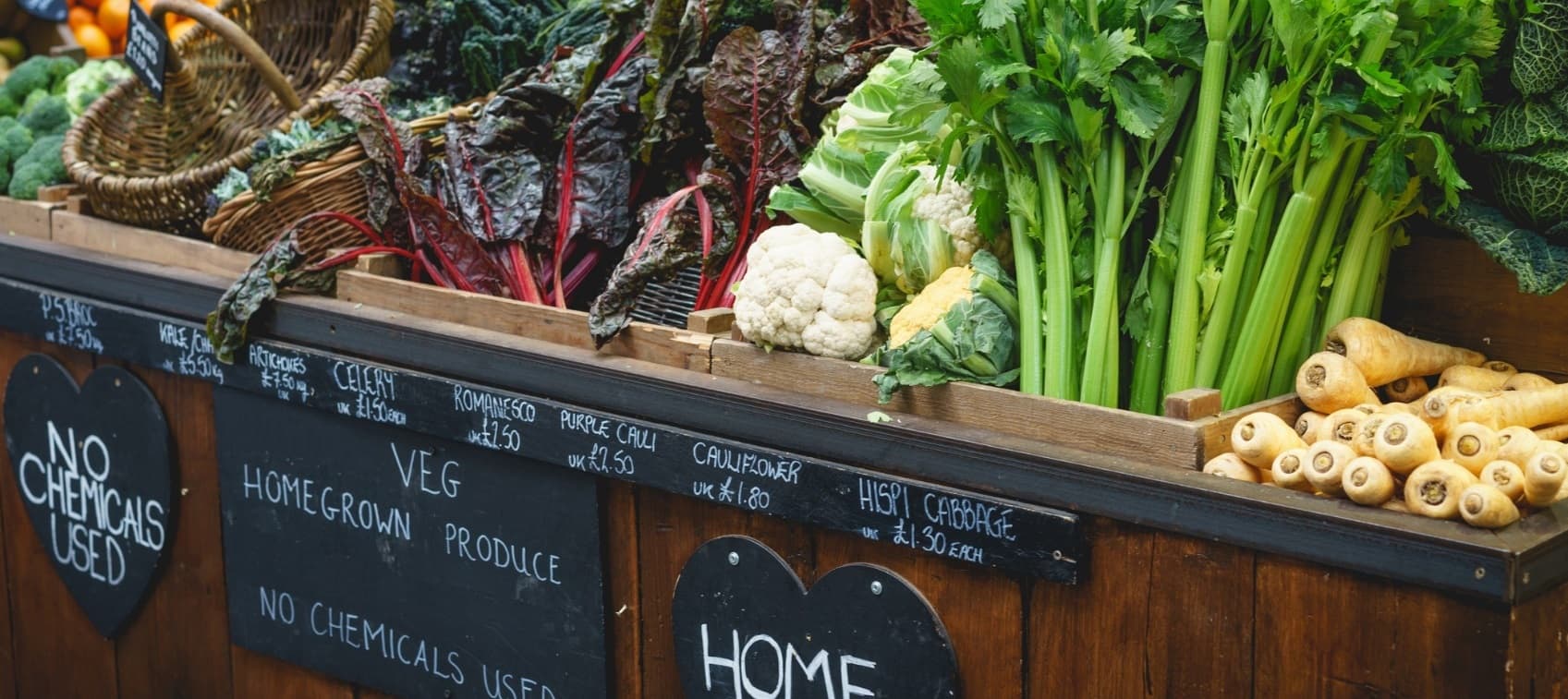
To survive and thrive in our increasingly toxic world, you need to become aware of—and reduce—the number of chemicals you’re ingesting, absorbing, or are otherwise exposing your body to because they can be such a threat to your heart health.
Now, obviously, it’s impossible to completely avoid everything that could harm you. So I recommend adopting a strategy of mindful avoidance. That is, avoid exposure to toxins when you can and minimize your level of contact when you can’t.
Here are some simple ways to do this (and keep your heart healthy in the process):
Quit Smoking
Researchers have found approximately 4,000 chemicals in cigarette smoke that can cause free radical damage to the body. So, if you smoke it's important to take steps to quit.
Read Labels & Shop Organic When Possible
When shopping for food, understand what the label terms mean. For instance, “made with organic ingredients” means that at least 70% of the product is organic. The remaining 30% can be made of non-organically produced agricultural ingredients, not including water and salt.
Items labeled “organic” means that at least 95% of the ingredients are organic, not including added water and salt. The remaining 5% can be non-organically produced agricultural ingredients that are not commercially available in organic form—but those ingredients must be on a USDA-approved list. Finally, “100% organic” means the product is organic inside-out, not including added water and salt.
Be Aware of the “Dirtiest” Foods
Some fruits and vegetables are more prone to have higher concentrations of pesticides than others. Strawberries and raisins, for example, probably have the highest concentration of pesticides because they grow so close to the ground.
Other fruits and vegetables likely to be pesticide-ridden include peaches, apples, peppers, celery, nectarines, cherries, pears, grapes, spinach, green beans, and winter squash. It is, therefore, most important to buy these items from organic sources whenever possible.
Drink Filtered Water When Possible
Did you know that drinking water can help to lower your blood pressure? But you want to make sure you're drinking clean water.
If you haven’t already done so, install water filters on your sinks so that you drink only non-chlorinated water. Also install filters on your showers and bathtubs, since even inhaling chlorine vapors while taking a shower can be toxic to your lungs.
If your budget allows, consider installing a central water filtration system. It’s the best way to get rid of chlorine in your house and works just like the smaller drinking tap filters on a much larger scale, filtering all the water that enters your home. I recommend systems that use reverse osmosis as a filtering method.


